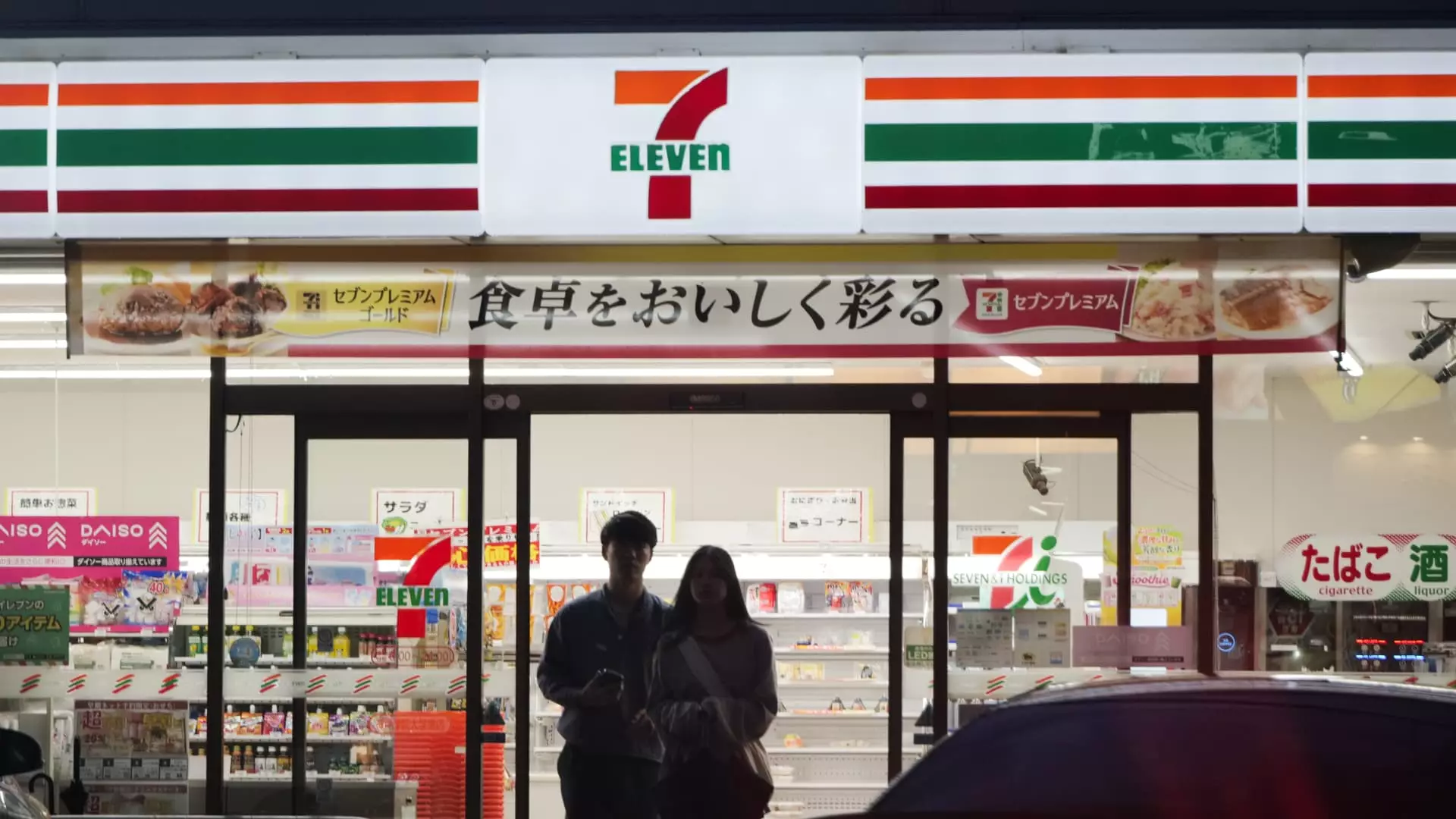Seven & i Holdings recently made a bold move by rejecting the takeover offer from Alimentation Couche-Tard, a Canadian convenience store operator. The company firmly stated that the proposed acquisition was not in the best interest of its shareholders and stakeholders. This decision comes after Couche-Tard offered to acquire all outstanding shares of Seven & i for $14.86 per share, a significant sum. Stephen Dacus, chairman of the special committee formed to evaluate the proposal, criticized the timing and valuation of the offer, emphasizing the potential for shareholder value in the near- to medium-term.
Dacus’s letter to ACT Chair Alain Bouchard highlighted several key concerns regarding the proposed acquisition. One major issue was the lack of consideration for regulatory challenges in the United States. Dacus pointed out that the proposal did not provide sufficient details on how potential anticompetitive issues would be addressed, leaving investors uncertain about the feasibility of the deal. Additionally, the absence of a clear timeline for regulatory approval and the willingness to litigate if necessary raised doubts about the commitment to overcoming obstacles in the acquisition process.
While Seven & i Holdings expressed reservations about the takeover offer, alternative views have emerged on the company’s strategic direction. Ben Herrick, an associate portfolio manager at Artisan Partners, criticized the management team and board for not maximizing the corporate value of the organization. Artisan Partners, a significant shareholder in Seven & i, urged the company to explore the buyout offer and consider divesting its Japanese subsidiaries. Herrick emphasized the potential for growth in international markets, suggesting that the company’s overseas ventures have been neglected.
The contrasting views on Seven & i Holdings’ future point to a broader debate within the investment community. Herrick’s call for faster reform and improved oversight indicates a desire for proactive measures to enhance shareholder value. He criticized the slow pace of change within the company, particularly in implementing strategic plans proposed several years ago. In contrast, Richard Kaye of Comgest praised Seven & i’s logistical prowess and product innovation, arguing against radical reform by foreign acquirers. Kaye’s perspective suggests that the company’s internal capabilities are strong, mitigating the need for external intervention.
Implications for Seven & i Holdings and the Industry
The rejection of Couche-Tard’s takeover offer by Seven & i Holdings reflects the company’s commitment to preserving shareholder value and autonomy. However, the divergent opinions on the company’s strategic direction underscore the challenges facing management in navigating complex decisions. As Seven & i continues to evaluate its restructuring plan and growth opportunities, it must balance internal capabilities with external pressures to maximize long-term success. The outcome of this situation will not only impact Seven & i Holdings but also shape the broader landscape of the convenience store industry.

